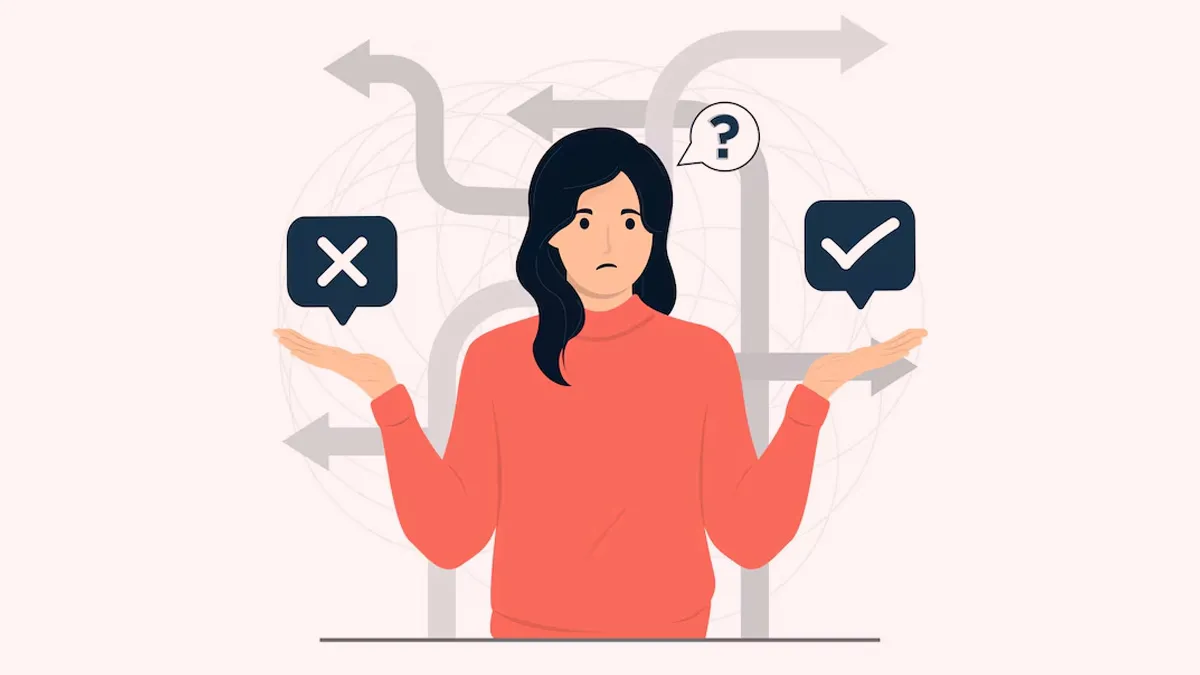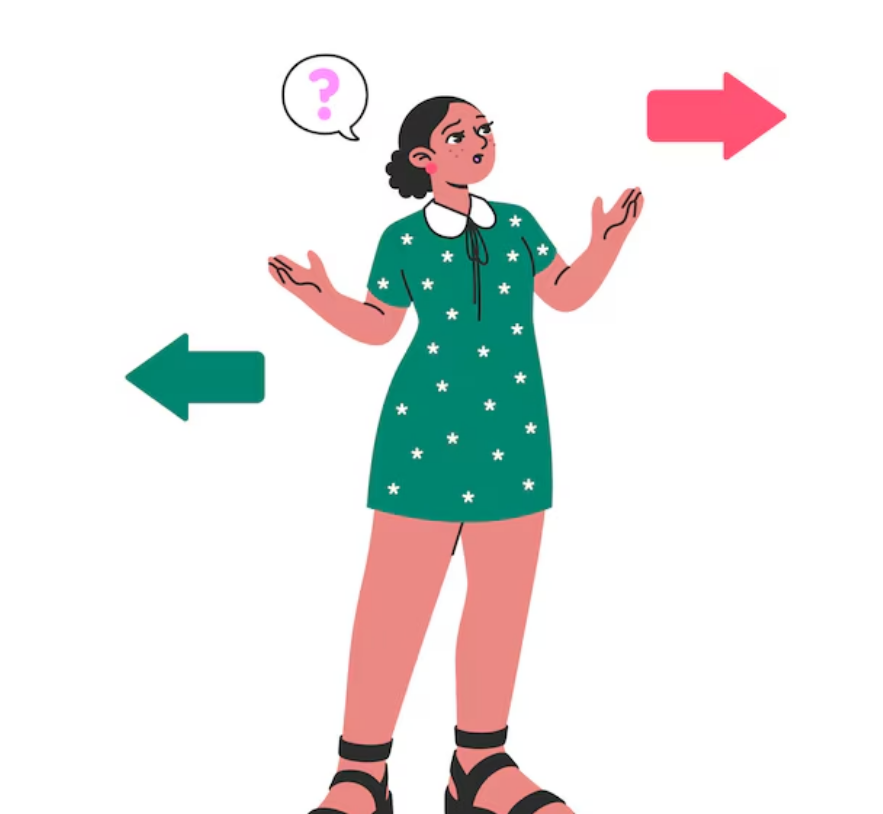
Decision-making is a fundamental part of life. From choosing what to eat for breakfast to making career-changing moves, every decision we make shapes our future. But how much should emotions influence these choices? While logic and rationality are often seen as the gold standard for decision-making, emotions play a significant role too. So, should you let your heart guide you, or should you rely solely on your head?
Emotions are often viewed as the opposite of logic, but they’re not. In fact, emotions are deeply intertwined with our thought processes. According to Dr Nandita Chaudhary, a renowned Indian psychologist and professor at the University of Delhi, “Emotions are not just fleeting feelings; they are a vital part of our cognitive system. They help us evaluate situations, prioritise goals, and make decisions that align with our values and needs.”

Research supports this idea. A study published in the Journal of Behavioural Decision-Making found that people who incorporated their emotions into decision-making reported higher satisfaction with their choices. Emotions act as a compass, guiding us toward what feels right and meaningful.
Emotions can simplify complex decisions by highlighting what truly matters to us. If you’re torn between two job offers, your gut feeling might steer you toward the one that aligns with your passion, even if it pays less.
Intuition, often described as a ‘gut feeling,’ is closely linked to emotions. According to Dr Rajesh Parikh, a neuropsychiatrist and author based in Mumbai, “Intuition is the brain’s way of processing information at lightning speed. It combines past experiences, emotions, and subconscious cues to guide decisions.”
Emotional awareness helps us consider the impact of our decisions on others. For instance, a manager who empathises with their team’s struggles is more likely to make fair and compassionate decisions.

While emotions can be helpful, they can also cloud judgement. Here’s when you might want to tread carefully:
Strong emotions like anger, fear, or excitement can lead to impulsive decisions. A study by the American Psychological Association found that people in heightened emotional states are more likely to make risky or irrational choices.
Emotions can interfere with rational thinking in situations requiring objective analysis, such as financial investments or medical decisions. Dr Chaudhary advises, “It’s important to strike a balance. Emotions should inform decisions, not dominate them.”
Sometimes, emotions are based on past experiences or biases that don’t apply to the current situation. For example, fear of failure might stop you from pursuing a great opportunity, even if the risk is minimal.

So, how can you make emotionally satisfying and logically sound decisions? Here are some expert-backed tips:
Before making a decision, take a moment to identify your emotions. Are you feeling anxious, excited, or overwhelmed? Understanding your emotional state can help you separate feelings from facts.
Dr Parikh suggests, “Talk to trusted friends, mentors, or professionals. External input can provide a more balanced view and help you see beyond your emotions.”
Ask yourself: How will I feel about this decision in 10 minutes, 10 months, and 10 years? This technique helps you consider both immediate emotions and long-term consequences.
Techniques like mindfulness, deep breathing, or journaling can help you manage intense emotions and make clearer decisions.
Emotions are a powerful tool in decision-making, but they shouldn’t be the sole driver. By combining emotional awareness with logical analysis, you can make decisions that are both thoughtful and fulfilling. As Dr Chaudhary puts it, “The key is to listen to your emotions without letting them take the wheel.”
For more such stories, stay tuned to HerZindagi.
Image Courtesy: Freepik
Also watch this video
Herzindagi video
Our aim is to provide accurate, safe and expert verified information through our articles and social media handles. The remedies, advice and tips mentioned here are for general information only. Please consult your expert before trying any kind of health, beauty, life hacks or astrology related tips. For any feedback or complaint, contact us at compliant_gro@jagrannewmedia.com.